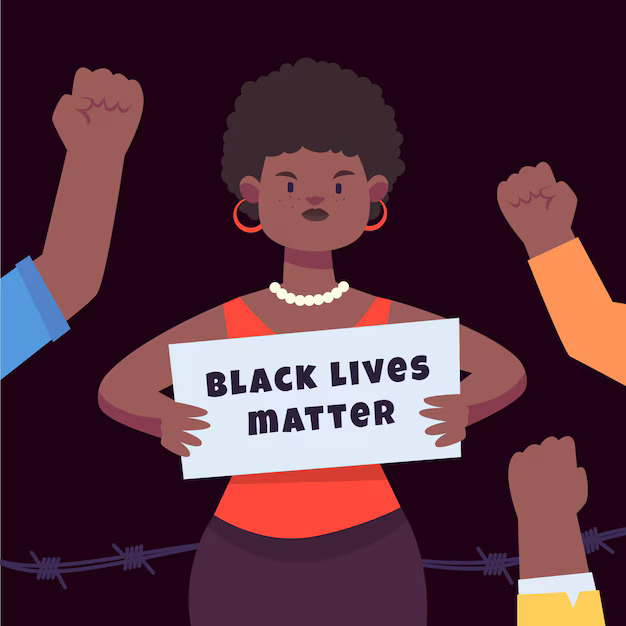In a significant operation aimed at combating Female Genital Mutilation (FGM), authorities in Meru County conducted an overnight raid on FGM dens, resulting in the rescue of 17 girls. The operation, which took place in Giika location in Igembe South, has brought to light the continued prevalence of this harmful practice, despite ongoing efforts to eradicate it.
The overnight raid, conducted by local law enforcement in collaboration with community leaders, targeted known FGM dens in the region. Of the 17 girls who were rounded up during the operation, seven were found not to have undergone the cut. However, ten of the girls had already been subjected to the procedure, leading to their immediate placement in police custody on Monday in Maua, Meru County.

The raid represents a critical breakthrough in the fight against FGM, a practice that has long plagued communities in various parts of Kenya. Despite increased awareness and legal measures aimed at curbing FGM, the practice continues to persist, often shrouded in secrecy and supported by certain traditional and cultural beliefs.
The area chief, who played a pivotal role in the operation, revealed that perpetrators of FGM are now charging up to Sh2,500 per girl. This increase in fees is attributed to the heightened secrecy surrounding the practice, as those involved seek to avoid detection by law enforcement. The chief’s statement highlights the lengths to which these perpetrators are willing to go to continue their activities, exploiting the fear and ignorance of vulnerable families.
FGM, which involves the partial or total removal of the external female genitalia for non-medical reasons, is internationally recognized as a violation of human rights. It has severe physical and psychological consequences for the girls who undergo the procedure, including chronic pain, infections, and complications during childbirth. The practice is also deeply rooted in gender inequality, as it is often seen as a way to control women’s sexuality.

During the raid, authorities managed to apprehend the circumciser in the act of performing the cut. This individual, who has been responsible for carrying out FGM on numerous girls in the region, was immediately taken into custody. The arrest of the circumciser is a significant step toward dismantling the networks that perpetuate FGM in Meru County.
In addition to the circumciser, the parents of the ten girls who underwent FGM were also arrested. These parents are being held accountable for facilitating the illegal procedure, which is a criminal offense under Kenyan law. Their arrest serves as a stark warning to other families who may be considering subjecting their daughters to FGM.
Perhaps the most shocking development in this case is the arrest of the assistant chief of the area. The assistant chief is accused of attempting to cover up the matter by hiding two of the circumcised girls and obstructing the arrest of the suspects involved in the FGM activities. This betrayal of trust by a public official has sparked outrage in the community and underscores the challenges that law enforcement faces in eradicating FGM, particularly when those in positions of authority are complicit in the crime.

The arrests and rescue operation in Meru County serve as a critical reminder of the ongoing battle against FGM in Kenya. While progress has been made in recent years, with increased awareness and stricter laws, the practice remains deeply ingrained in certain communities. The involvement of local authorities, community leaders, and law enforcement is essential in ensuring that FGM is eradicated and that the rights of girls are protected.
As the rescued girls receive medical care and psychological support, the broader community must remain vigilant in the fight against FGM. The legal proceedings that will follow the arrests are expected to send a strong message to those who continue to engage in or support the practice.
In the end, the goal is clear: to create a future where no girl is subjected to the horrors of FGM, and where all girls can grow up in a safe and supportive environment that respects their rights and dignity.
From The Nation







